JMP GLAAS Strategic Advisory Group
The JMP/GLAAS Strategic Advisory Group (SAG) was established in 2009 to provide independent advice on the continued development of the JMP as a the custodian of global data on drinking water, sanitation and hygiene. It meets twice every year and comprises leading experts in the field of drinking water, sanitation and hygiene as well as experts in statistics and global monitoring. It is composed of up to twelve members bringing diverse political, technical and financial perspectives from both developed and developing countries. SAG members are typically invited to serve as independent experts for a three year term.
Current members of the JMP/GLAAS SAG
- Julia Boulenouar (Chair)
- Clarissa Brocklehurst
- Claire Chase
- Barbara Evans
- Hidenori Harada
- Dragana Jovanovic
- Peter Mutale
- Gbèlidji H. Juste Nansi
- Thato Sengwaketse
- Rinchen Wangdi
The full Terms of Reference of the SAG can be found here: https://washdata.org/report/jmp-glaas-tor-march-2018

Julia Boulenouar is a water and sanitation specialist and the co-director of Aguaconsult. Since 2012, she has provided advisory and research services to a broad range of clients in over 15 countries in Africa and Asia on programme design, programme and sector monitoring and evaluation, regulation and other aspects of WASH governance. Prior to joining Aguaconsult, Julia worked for the Agence Française de Développement in Paris and in Ghana, where she managed a portfolio of urban and rural development projects. Julia holds an MA in Town and Country Planning from La Sorbonne, Paris and is bilingual in French and English. She is delighted to join the Strategic Advisory Group of JMP/GLAAS and looks forward to working with other members to support these important initiatives.
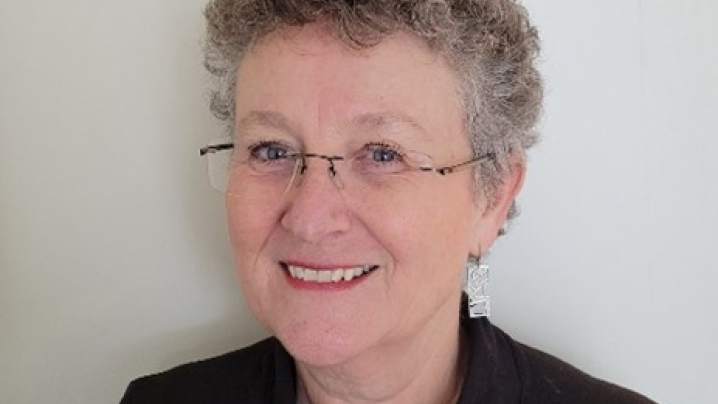
Clarissa Brocklehurst started her career working on the water and sanitation needs of indigenous communities in Canada and the US. She managed water and sanitation projects in Togo and Sri Lanka before becoming the Country Representative for WaterAid in Bangladesh, and a Regional Urban Specialist for the World Bank in South Asia, based in India. Between 2007 and 2011 she was the Chief of UNICEF’s Water, Sanitation and Hygiene Section, overseeing UNICEF’s water and sanitation programming in 100 countries and playing a role in development of strategy and advocacy for the global water supply and sanitation sector. Clarissa is an Adjunct Professor in the Department of Environmental Sciences and Engineering of the Gillings School of Global Public Health of the University of North Carolina, and an affiliated faculty member of the university’s Water Institute. She is a member of the Supervisory Board of IRC, a water and sanitation NGO headquartered in the Netherlands, and works in a consulting capacity with several water and sanitation sector agencies.
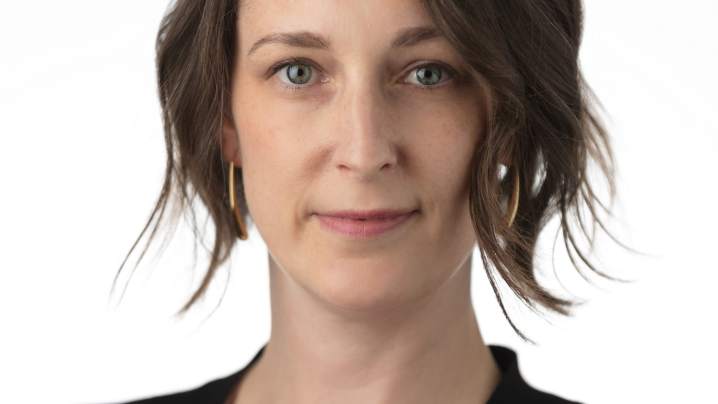
Claire Chase is a Senior Water Economist in the Global Director’s Office of the World Bank’s Water Practice where she supports strategic engagement with high-level partners to set the global water agenda, internal advocacy efforts, and manages corporate knowledge flows and reporting. She has over 15 years of experience in the water and sanitation sector, supporting governments to design and finance investments, facilitate sector reforms, and strengthen capacity to reduce poverty and boost equity. Claire is also the World Bank focal point for Water and Health. Prior to joining the World Bank, she was a visiting researcher with the Barcelona Center for International Health Research in Mozambique. She holds a master’s degree in Population and International Health Economics from Harvard University School of Public Health and has authored peer-reviewed publications on a range of health and development topics.
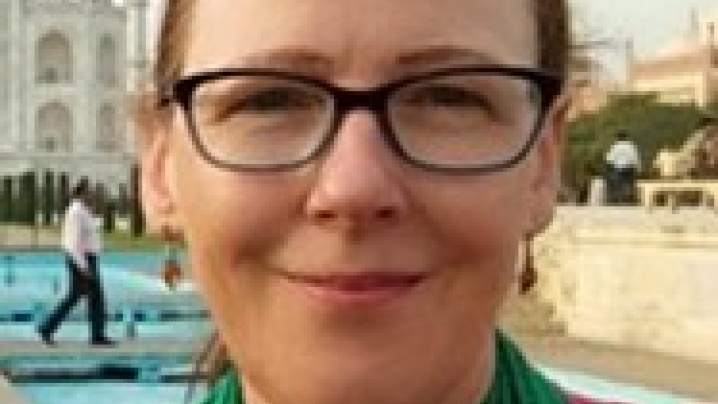
A chartered engineer with a second degree in Development Economics, Professor Barbara Evans holds the chair in Public Health Engineering in the School of Civil Engineering at the University of Leeds. She works in the water sector at the intersection of engineering and economics. Much of her work has relates to sanitation and hygiene with a particular focus on urban sanitation in rapidly growing cities and towns.
Professor Evans’ career spans 30 years; she worked at the World Bank and later as a consultant for over twenty years before joining the University in 2009 and has lived and worked in South Asia, South- East Asia, Africa and Latin America.
Professor Evans now leads a multi-disciplinary research group working on resilient water and waste services and public health. The group hosts both a Masters and a PhD training programme. Her recent work has focused on developing new approaches to estimating and mitigating GHG emissions from global sanitation.

Hidenori Harada (B.Eng., M.S., and Ph.D. in Global Environmental Studies) is currently working in the capacity of an associate professor at Kyoto University. By leveraging his background in environmental engineering, he conducts field-based research on sanitation and water-related issues in various countries in Asia and Africa, including Vietnam, Thailand, Bangladesh, Nepal, Zambia, Malawi, Uganda, Kenya, and Cameroon. His recent research includes topics, such as sustainability of resource-oriented dry sanitation in rural areas, on-site sanitation and fecal sludge management in cities, greenhouse gas emission from urban sanitation services, and fecal exposure and diarrhea risk action research in urban slums.
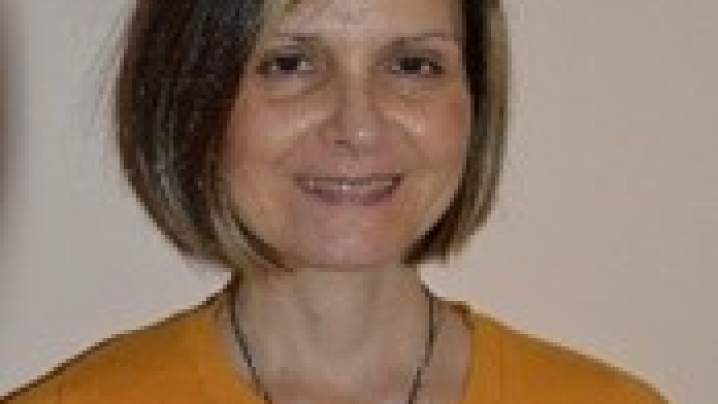
Dr. Dragana Jovanovic is a medical doctor, hygiene specialist, and research associate professor from the Institute of Public Health of Serbia in Belgrade. She is currently the Head of the Department on Drinking and Bathing Water Quality and is engaged as a National Focal Point for the Protocol on Water and Health, Global Analysis and Assessment of Sanitation and Drinking Water (GLAAS), and Joint Monitoring Programme (JMP). She has more than 20 years of experience in WASH-related work fields. Her scientific work is focused on drinking water contaminants, particularly arsenic, and their health effects.

Mr Peter Mutale holds a Master’s Degree in Business Administration (Finance) and Bachelor’s degree in Chemical Engineering. Among other post graduate qualifications include Integrated Processes – Water Resources Management (Lund University), Public Utility Regulation (Florida University) and Corporate Governance (SADC Institute).
He is the Chief Inspector for the National Water Supply and Sanitation Council (NWASCO); the Regulator for the provision of water supply and sanitation services in Zambia. He has over 22 years of experience in the water sector 17 of which in water supply and sanitation regulation and the rest with the Commercial Utilities in senior positions as an Engineer and Administrator. He is a registered member of the Engineering institution of Zambia (MEIZ) and a Registered Member of the Engineering Registration Board (Reng).
He is an accomplished trainer in Corporate Governance and regulation of water supply and sanitation service provision. He has spearheaded the development of various Standards, Water and Sanitation Policies at Country, Regional and Continental levels.
Besides his role on the JMP/GLAAS SAG, he is a member of:
- The RegNET which is the Network for Drinking Water Quality and Sanitation Regulators;
- The African Minister’s Council on Water - Task Force on the development of Africa Sanitation Policy Guidelines; and
- The Technical Committee for African Organization for Standardization (ARSO).
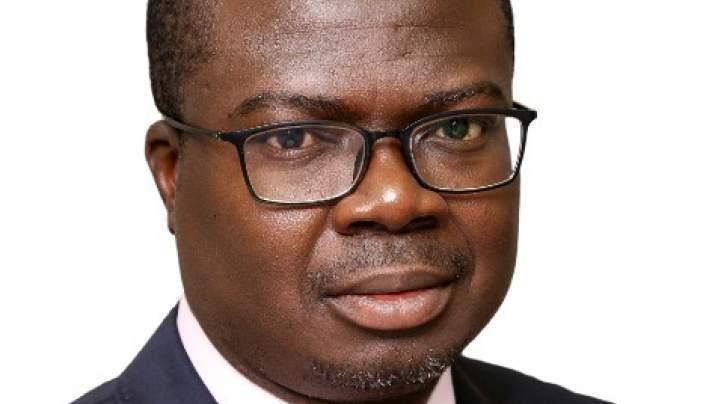
Gbèlidji H. Juste Nansi is a water and sanitation governance specialist and the director of the Africa regional programme of IRC. Drawing on his background in social development engineering, he has provided technical assistance to local and national governments in the area of WASH governance at district, country and regional levels over the past 20 years. He has mainly covered public policy, strategic plans, monitoring, regulation, service delivery models and accountability. He has facilitated numerous learning events (workshops, fora, and conferences) in Francophone African countries. As a member of the SAG, he looks forward to bridging the global, national and local levels to achieve the water and sanitation SDGs.
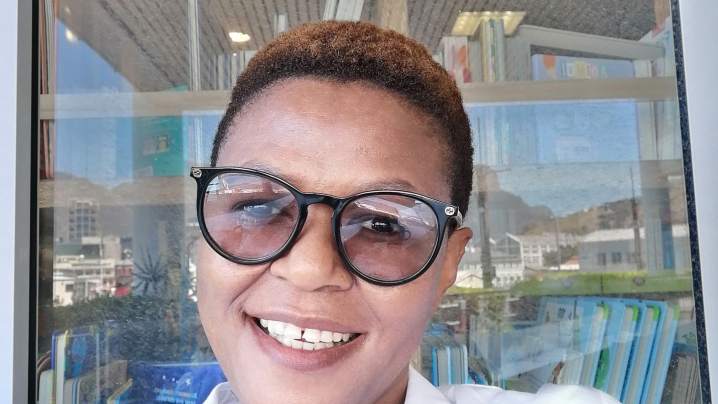
Thato Sengwaketse is an environmental health expert employed by the Ministry of Health in Botswana. She holds a Master’s Degree on Environmental Health and has over 15 years’ experience in environmental health implementation which includes drinking water, rural and urban sanitation compliance to regulatory frameworks in local authorities. She has an additional 9 years’ experience in policy formulation on environmental health including national development planning. She is the national co - coordinator for the strengthening of health and environment linkages to improve public health outcomes. She has also participated in regional and global fora on environmental health.
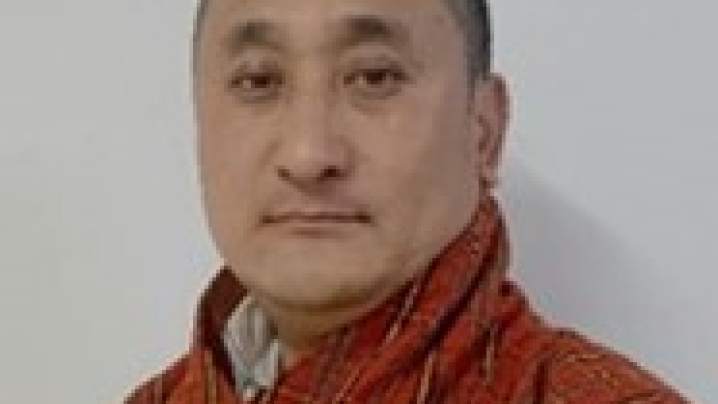
Mr. Rinchen Wangdi is a highly accomplished Civil Engineer, complemented by a post-graduate degree in MBA, with a remarkable 21-year tenure in the civil service of the Royal Government of Bhutan. His expertise spans over a decade in the vital sector of WASH (Water, Sanitation, and Hygiene). Notably, he spearheaded Bhutan's successful Open Defecation Free campaign, culminating in the nation achieving ODF status on November 19, 2022.
As the national focal point for SACOSAN, JMP, and GLAAS, Mr. Rinchen played a pivotal role in shaping Bhutan's WASH landscape. His contributions extend to the development of crucial national WASH documents and aligning SDG targets with national plans and initiatives. He was instrumental in establishing the WASH Cluster in Bhutan, facilitating coordination and synergy among stakeholders in the sector.
Beyond his governmental role, Mr. Rinchen serves as a board director for the Bhutan Toilet Organization, the country's pioneering civil society organization advocating for sanitation and hygiene awareness. Currently holding the position of Chief Executive Officer (CEO) at the National Housing Development Corporation Limited, a government-owned entity, Mr. Rinchen continues to provide invaluable guidance as a WASH advisor to his nation.